Use our Printable Mohs Hardness Test Worksheet to help your students identify and classify minerals and gemstones.
What Is The Mohs Hardness Test? How Does It Work?
The Mohs Hardness Scale is a visual way to identify and classify minerals based on their hardness, specifically how easily other objects can scratch them. This mineral hardness test was developed by a German mineralogist named Friedrich Mohs. Mohs Hardness Scale ranks minerals from 1 to 10, with 1 being the softest (like talc, which you can scratch with a fingernail) and 10 being the hardest (diamond, which can scratch anything else on the scale).
How does the scale work? Here’s an easy example!
If a mineral can scratch another mineral rated 4 on the scale but gets scratched by a mineral rated 6, we know its hardness falls between those numbers. Using the scale, we could surmise that the mineral in question has a hardness of 5 and could be identified as Apatite.

Mohs Mineral Hardness Test Worksheet
This printable worksheet on the Mohs Hardness Scale is an engaging resource designed to help students dive deeper into mineral identification through reading and analysis. In this activity, students will read a short passage explaining the scale and how minerals are ranked from softest to hardest. Using this knowledge and some serious observational skills, they’ll move on to answer a variety of comparative questions that challenge them to think critically about minerals and how they compare to each other.
This resource download includes a reading passage, a Mohs Hardness Test diagram, and a 10-question application worksheet. We have also included an answer key for easy grading.
Download Your Printable Mohs Hardness Scale Worksheet
This resource is available as an easy-to-use Google Slides or Printable PDF Resource file. To get your copy, click the dropdown arrow on the download button to select your preferred file format. Make your copies, pass them out to your students, and you’re ready to begin!
This resource was created by Kaylyn Chupp, a teacher in Florida and Teach Starter Collaborator.
More Resources for Identifying Minerals and Rocks
Looking for more resources to help your students develop skills in rock identification and mineral comparison? Before you go, check out these printable rocks and minerals activities!
[resource:5117745] [resource:5116129] [resource:5117116]
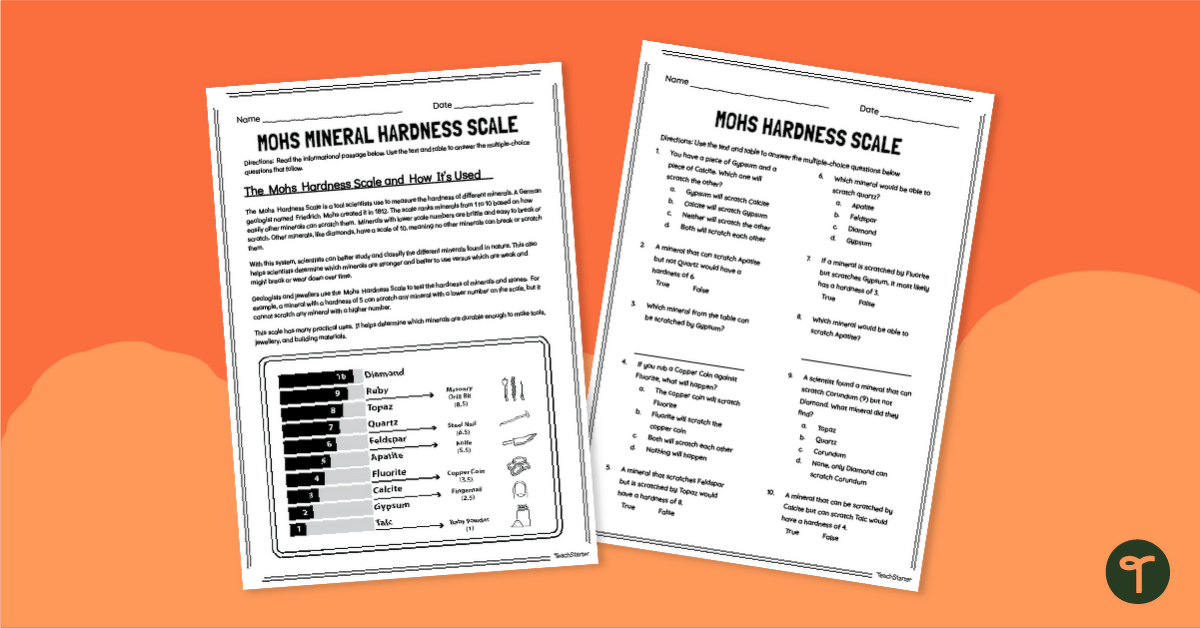
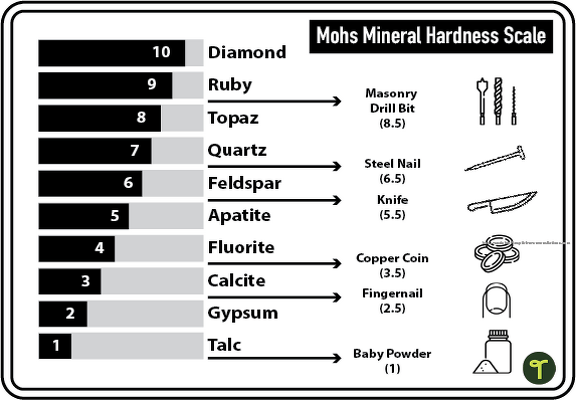

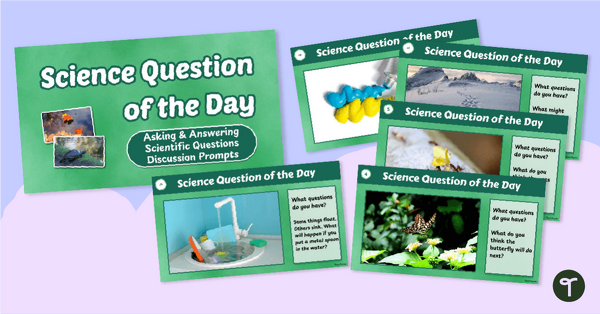
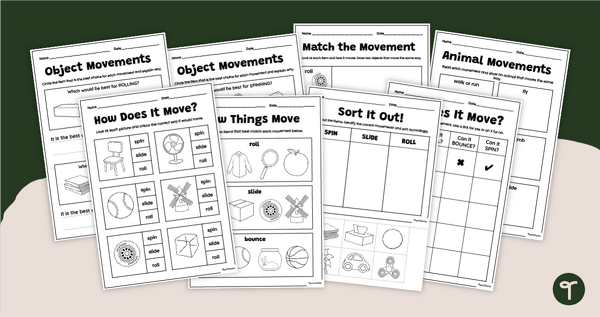
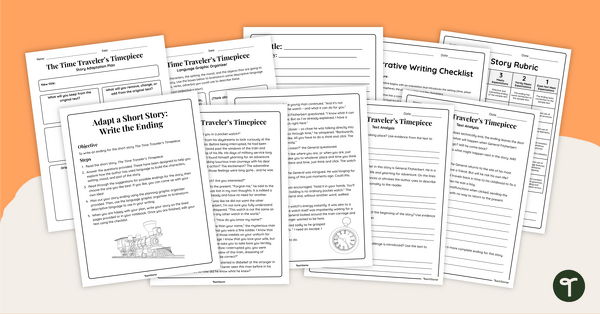
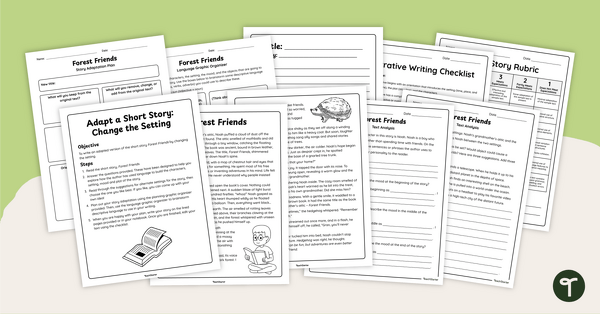

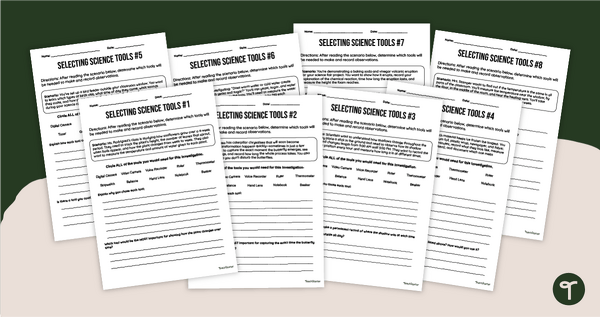
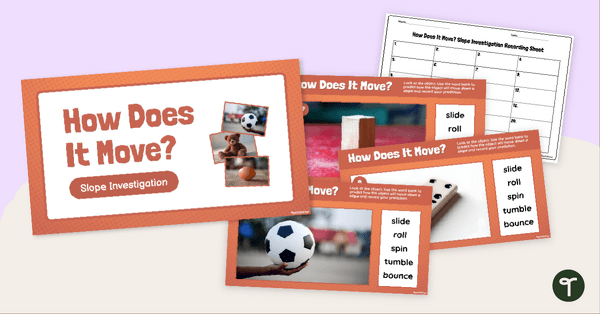


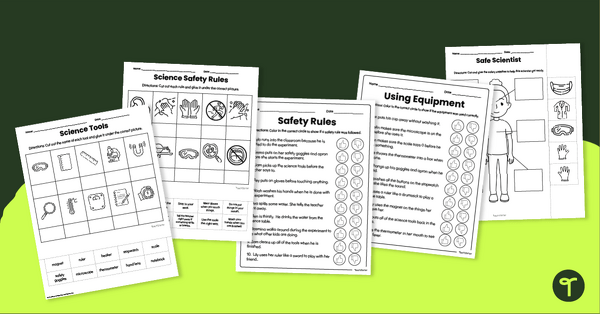
0 Comments
Write a review to help other teachers and parents like yourself. If you'd like to request a change to this resource, or report an error, select the corresponding tab above.